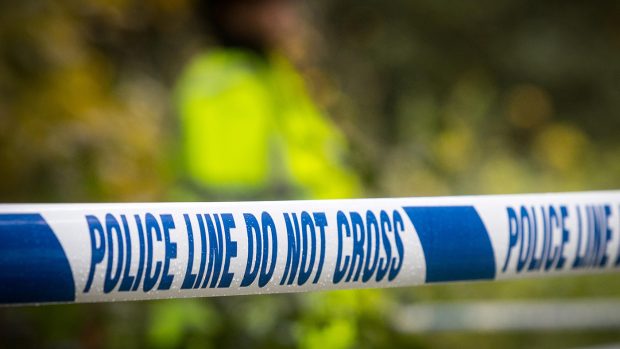A new EU directive, which applies to business sales will come into effect from from the end of this month, will shift the burden of proof in the case of a dispute from the vendor to the seller for the first six months.
There are many examples of people buying a new horse that has subsequently “gone wrong” on arrival, as well as tales of people who have bought animals that don’t suit them.
An EU directive soon to be implemented into English law may make life more difficult for dishonest vendors; however, legal greyareas and difficulty producing evidence mean both buyers and sellers still face a tricky process when a post-sale dispute arises.
Equine legal expert and solicitor Rachel Flynn of Taylor Vinters solicitors in Cambridge receives about 10 referrals a week from BHS members, most of which begin: “I bought a horse and…”
Speaking at a recent BHS lecture on negotiating the pitfalls of buying and selling horses, Rachel said: “Compare buying a horse to buying a house or car – it’s a considerable personal investment, and is often done without a word in writing.”
Horses are considered goods, and private sales are caveat emptor – buyer beware. Business transactions such as purchases through a dealer are subject to the sale of goods act. This means that the buyer is entitled to expect something “of satisfactory quality, fit for the purpose, which complies with any description applied to it”.
Under current law, a disgruntled buyer has to show that there was something wrong with the horse prior to the sale. It is hoped that the changes to the law will prevent unscrupulous dealers selling unsatisfactory horses.
|
Read the full story in this week’s Horse & Hound (27 February 2003), or click here to subscribe and enjoy Horse & Hound delivered to your door every week. |



